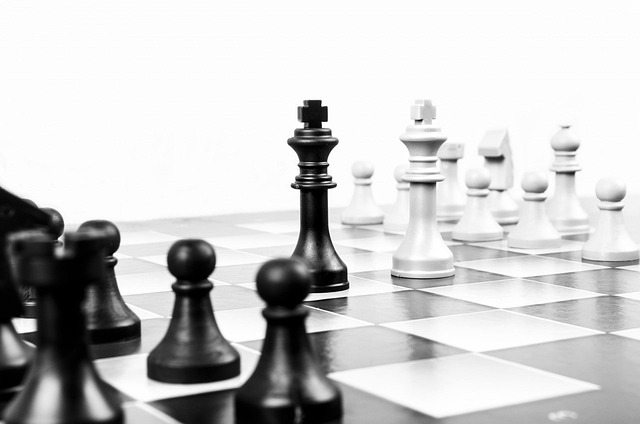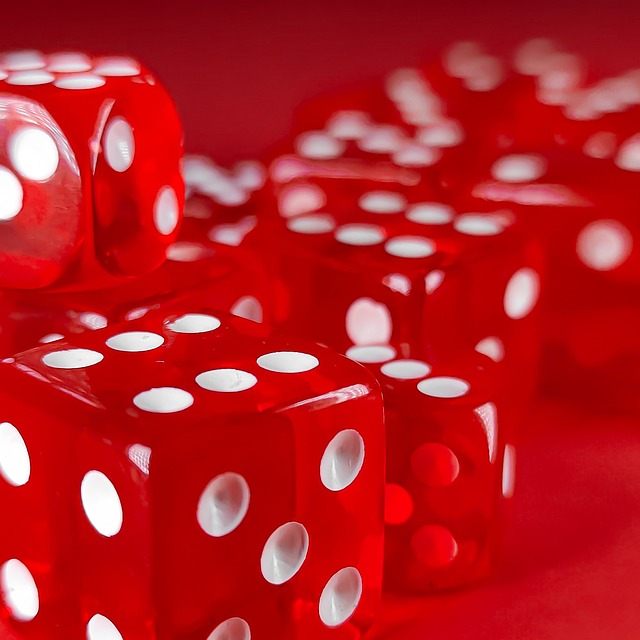The Psychology Behind Near-Miss Outcomes In Slots
Slot machines are a popular form of entertainment in casinos, both online and offline. One intriguing aspect of
slot gameplay is the near-miss outcome, where the reels stop just short of a winning combination. This phenomenon
has fascinated psychologists and players alike, prompting a deeper look into the mechanisms behind it.
What is a Near-Miss Outcome?
A near-miss outcome occurs when the symbols on the slot machine align in such a way that they appear close to a
winning combination, but ultimately fall just short. For example, in a three-reel slot machine, getting two
matching symbols with the third one coming just after can be perceived as a near-miss. Though the actual outcome
is a loss, the proximity to a win can lead to heightened excitement and frustration.
The Role of Psychology
Psychologists have studied the impact of near-miss outcomes on players’ behavior and emotions. One theory suggests
that near-misses trigger the brain’s reward system similarly to actual wins, leading to a release of dopamine
which can reinforce the desire to continue playing. The near-win experience creates a sense of almost achieving
success, driving players to chase that elusive win.
Effects on Player Behavior
Research has shown that near-miss outcomes can increase the time and money spent on playing slots. Players may
interpret near-misses as indicators of impending success, leading to a state of heightened arousal and
motivation. This can result in players becoming more perseverant and willing to take greater risks in pursuit of
the next win.
Algorithmic Design
Slot machine algorithms are carefully designed to incorporate near-miss outcomes strategically. By adjusting the
likelihood of near-misses, game developers can manipulate player perception and engagement. This raises ethical
questions regarding the potential exploitation of psychological vulnerabilities for financial gain.
Common Misconceptions
Despite the allure of near-miss outcomes, it’s essential to remember that each spin of the slot machine is
independent and random. Near-misses do not increase the odds of winning on the next spin, as the outcome is
determined purely by chance. Understanding this can help players make informed decisions and maintain control
over their gambling habits.
Questions and Answers
- Q: Are near-miss outcomes intentionally generated by slot machines?
- A: Yes, game developers use algorithms to create near-miss situations to enhance player engagement.
- Q: Can near-misses lead to problem gambling behavior?
- A: While near-misses can increase motivation to continue playing, individual susceptibility varies.
Analysis of Player Responses
Studies have found that players tend to experience increased heart rates and skin conductance levels during
near-miss outcomes, indicating heightened emotional arousal. This physiological response underscores the
powerful influence of near-misses on player perception and behavior.
Conclusion
The psychology behind near-miss outcomes in slots sheds light on the complex interplay between game design,
player expectations, and psychological responses. By understanding the mechanisms at play, players can make
informed decisions and approach slot gameplay with a greater sense of awareness.
| Pros | Cons |
|---|---|
| Enhances player engagement | Potential for increased gambling risk |
| Creates excitement and anticipation | May lead to misconceptions about winning odds |







